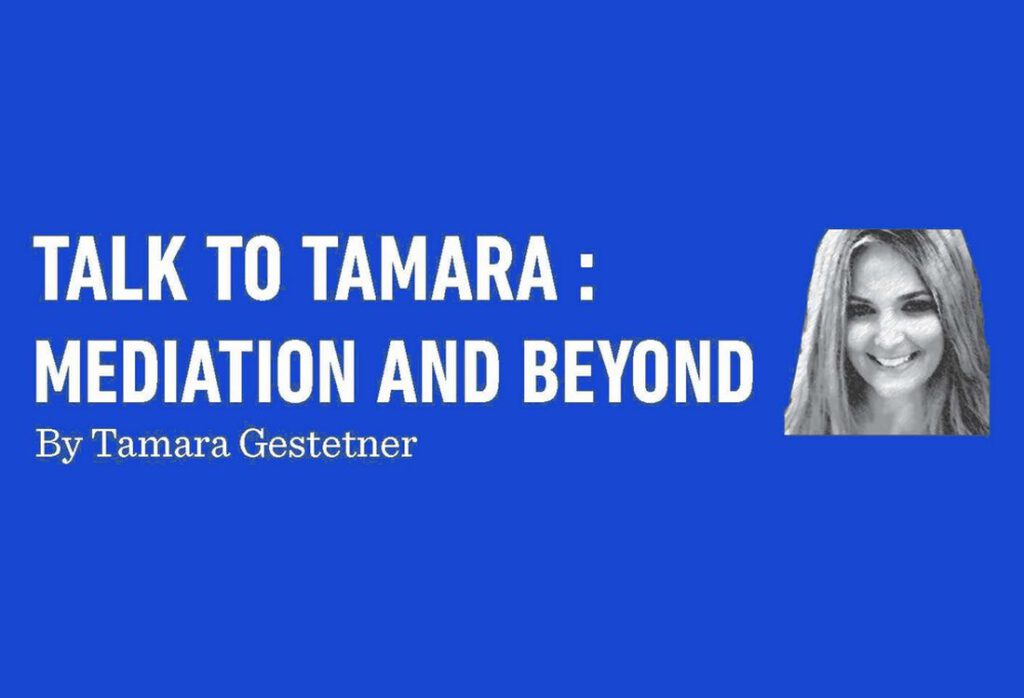Wherever We Are: Fear, Aliyah, and the Jewish Future
Recently, I came across a post by a vocal figure in the Jewish community that essentially declared: “If you’re a Jew in the Diaspora and you’re not terrified, you’re delusional. The only safe place is Israel. Drop everything and get here.”
It wasn’t the first post of its kind, and I doubt it will be the last. In the wake of rising antisemitism, global instability, and the trauma of October 7th and its aftermath, I’ve been seeing more and more rhetoric like this online: rhetoric that presents aliyah not just as a spiritual aspiration or a personal decision, but as an urgent, one-size-fits-all moral obligation.
Telling people to uproot their lives because you have a bad feeling isn’t guidance. It’s anxiety disguised as prophecy. And often, it’s less about what’s good for the Jewish people and more about what someone needs to believe in order to make peace with their own choices.
I understand the fear. I understand the urgency. I even share the belief that Israel is our homeland and that aliyah is a beautiful and meaningful goal. For many, it’s the fulfillment of a dream or a deep religious commitment. But when that belief turns into pressure, shame, or emotional manipulation, it stops being about ideology and starts being about projection.
The truth is, Jews are not truly “safe” anywhere, including Israel. And if we’re talking about daily physical threats, Israelis often face more immediate danger than Diaspora Jews. Terrorism isn’t a theoretical concern, it’s part of life there. People are stabbed at bus stops. Rammed with cars. Shot while walking down the street. Ambushed in their shuls and homes. Missiles fall on civilian homes and schools. Bomb shelters aren’t an emergency provision, they’re built into homes, apartments, and playgrounds. Parents teach toddlers where the nearest shelter is before they teach them to read. This is not normal life for most Jews outside of Israel, including in the United States. So when someone claims “It’s dangerous here, better move to Israel,” it’s not just emotionally manipulative, it’s factually misleading. That’s not the right argument to make for aliyah. It cheapens the profound personal and spiritual reasons people may choose to move to Israel by replacing them with fear.
Because for every Jew who feels called to make aliyah, there’s another living a full and committed Jewish life in the Diaspora. Raising and nurturing Jewish children, tending to their educational and emotional needs, caring for sick family members or aging parents, supporting their local Jewish community and, yes, actively standing with, supporting, and advocating for the State of Israel. There are also the community leaders who stay in the Diaspora to teach, guide, and sustain vibrant Jewish life. These aren’t “delusional” or “1934 Jews” people (what on earth with this term!). They’re deeply committed Jews doing vital and sacred work.
We build, love, and show up for Jewish life everywhere. The Diaspora isn’t a mistake; it’s a part of our story. So is Israel. We can hold both. We need both.
Fear is understandable. It’s even wise to be alert and cautious. We shouldn’t be naive. But fear shouldn’t be weaponized to tell other Jews how to live. Especially not in the name of “what’s best for the Jews.” Jewish history is full of those who stayed when others fled and vice versa. Sometimes one group was safer; sometimes not. Hindsight doesn’t make a prophecy.
What we need right now is strength and safety in every place Jews exist. And that strength and safety doesn’t come from panic or pressure. It comes from action wherever we are. From showing up visibly and proudly as Jews, building community and investing in Jewish education, culture, and security, and advocating for ourselves and one another in every space we occupy—politically, spiritually, and emotionally.
Jewish continuity has never depended on uniformity. We keep Jewish life going not by guilting one another into sameness but by each of us staying connected and engaged in the ways we can, wherever we are.
This moment calls for nuance, compassion, and humility. None of us knows with certainty what the future holds for Israel or the Diaspora. What we do know is that Jews around the world are scared, grieving, and questioning what safety really means, and we owe it to one another not to pile shame on top of fear.
The decision to make aliyah is deeply personal and complex. It comes with real sacrifices—emotionally, financially, and communally. It’s always okay to pause and consider whether the voices lecturing you about aliyah are grappling with the same realities themselves. Are they navigating the weight of uprooting a family? Livelihood concerns? Professional stability? Facing the loss of family support and familiar comforts? Preparing to send their own children to the army? Sometimes the loudest calls for mass aliyah come from those who aren’t facing those costs. That double standard shouldn’t go unacknowledged.
A better argument for aliyah doesn’t come from fear, but rather it comes from love, purpose, and vision. It invites rather than shames. Not “Run!” but “Come build with us.” Not “You’re not safe there,” but “This place is yours too.” The most powerful case for aliyah is one rooted in hope, in a desire to be part of the Israeli story, to contribute and to belong. Not to escape the Diaspora but to live out a dream. That calling looks different for everyone, and it deserves to be honored, not imposed. When aliyah is offered as an invitation instead of a threat, it becomes something deeply beautiful. n
Rachel Tuchman, LMHC, is a licensed therapist in private practice. She not only treats a variety of mental-health concerns but also shares psychoeducation via her social media platform, public speaking, and online courses. You can learn more about Rachel’s work at RachelTuchman.com and follow her on Instagram @rachel_tuchman_lmhc.












